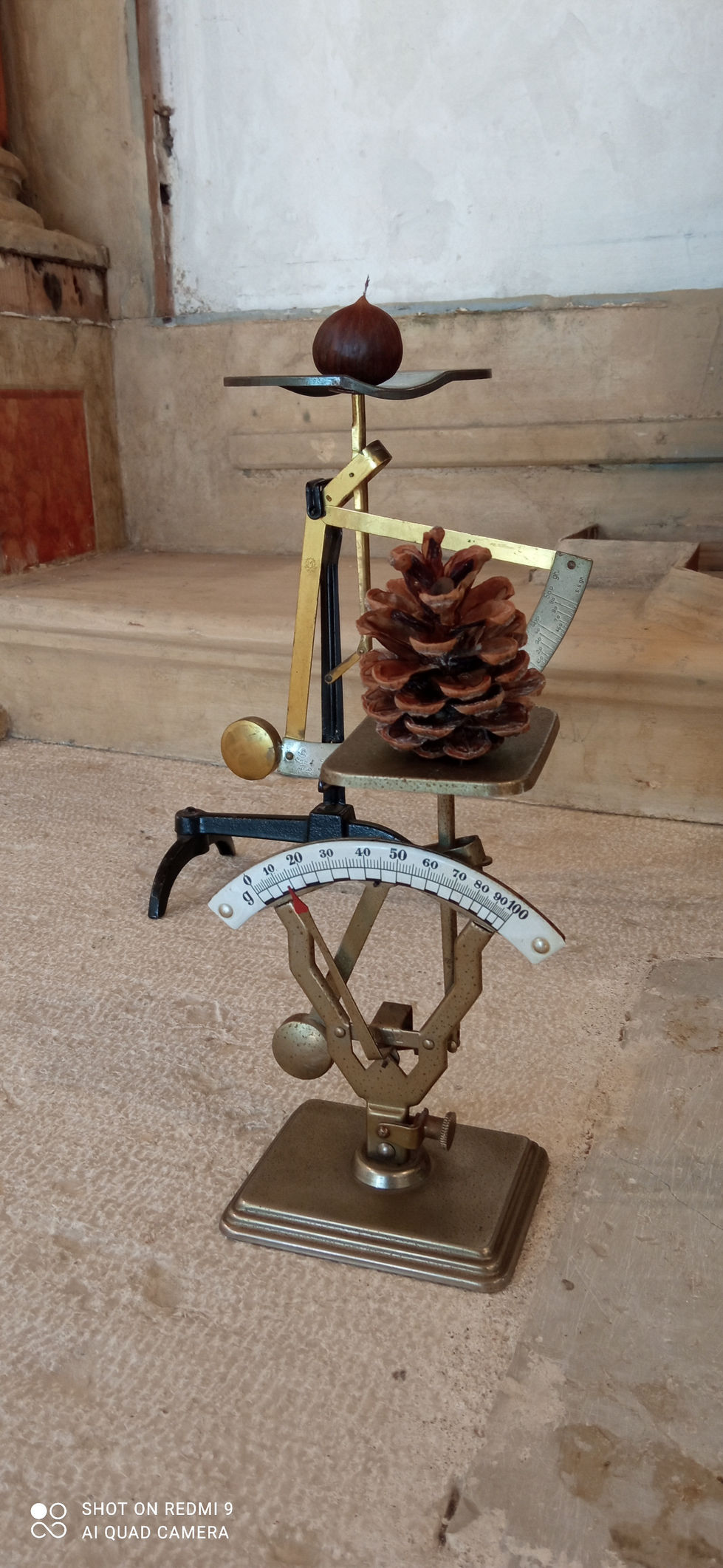Create Your First Project
Start adding your projects to your portfolio. Click on "Manage Projects" to get started
Il peso delle cose / the weight of the things
Tipo di progetto
installazioni / installs
Data
2024
Siamo abituati a dare più valore e importanza alle cose grandi. Pensate solo al regno animale: la vita di un elefante sembra avere più valore di quello di una chiocciola. Insomma il valore di una vita noi lo misuriamo sempre: peso, volume, grandezza, costo...
D’altra parte anche Darwin prima di poter far riconoscere i sui studi sulle azioni dei vermi per il suolo dovette scontrarsi con i pregiudizi dei colleghi che ritenevano impossibile che degli esseri così piccoli e insignificanti potessero giocare un ruolo così importante per il terreno.
Consideriamo questo: il 60% di tutti i mammiferi sul pianeta sono bestiame ad uso umano, il 36 per cento sono mammiferi del genere Homo Sapiens e solo il 4% per cento è composto da animali selvatici. Se poi consideriamo che del totale della fauna globale i 5/6 sono rappresentati dagli insetti…ne ricaviamo quale sia il «peso» e il relativo «valore» della vita animale.
Ma ritornando ai semi: il peso di un seme in cui si racchiude così tanta energia potenziale si può misurare in pochi milligrammi ma può dare vita a un albero di decine di metri che potrà assorbire tonnellate di Co2 nella sua vita, depurare litri di aria e con le radici risanare terreni o acque inquinati. Come i pioppi bianchi (Populus alba, di cui il pappo costituisce il seme e non il polline allergenico): sono in grado di intercettare metalli pesanti e altre molecole, come quelle farmacologiche, e di sequestrarli all'interno delle radici. Ecco il mio amore per i pioppi, alberi mangia smog, dovuto alla loro capacità di stoccaggio nella loro rapida crescita.
Insomma, quanto pesa una pigna e che valore le diamo? E una ghianda? E un seme di pioppo? Il loro peso sembra essere inversamente proporzionale al loro valore.
«Oggigiorno la gente conosce il prezzo di tutto e non conosce il valore di niente». Oscar Wilde
We are used to giving more value and importance to big things. Just think of the animal kingdom: the life of an elephant seems to have more value than that of a snail. In short, we always measure the value of a life: weight, volume, size, cost...
On the other hand, even Darwin, before being able to have his studies on the actions of worms on the soil recognized, had to clash with the prejudices of colleagues who considered it impossible that such small and insignificant beings could play such an important role for the soil.
Let's consider this: 60% of all mammals on the planet are livestock for human use, 36 percent are mammals of the genus Homo Sapiens and only 4% are wild animals. If we then consider that 5/6 of the total global fauna are represented by insects... we can deduce what the "weight" and relative "value" of animal life are.
But back to seeds: the weight of a seed that contains so much potential energy can be measured in a few micro-grams but it can give life to a tree tens of meters tall that can absorb tons of CO2 in its life, purify liters of air and with its roots restore polluted land or water. Like white poplars (Populus alba, of which the pappus is the seed and not the allergenic pollen): they are able to intercept heavy metals and other molecules, such as pharmacological ones, and sequester them inside the roots. This is my love for poplars, smog-eating trees, due to their storage capacity in their rapid growth.
In short, how much does a pinecone weigh and what value do we give it? And an acorn? And a poplar seed?
Their weight seems to be inversely proportional to their value.
"Nowadays people know the price of everything and the value of nothing." Oscar Wilde










